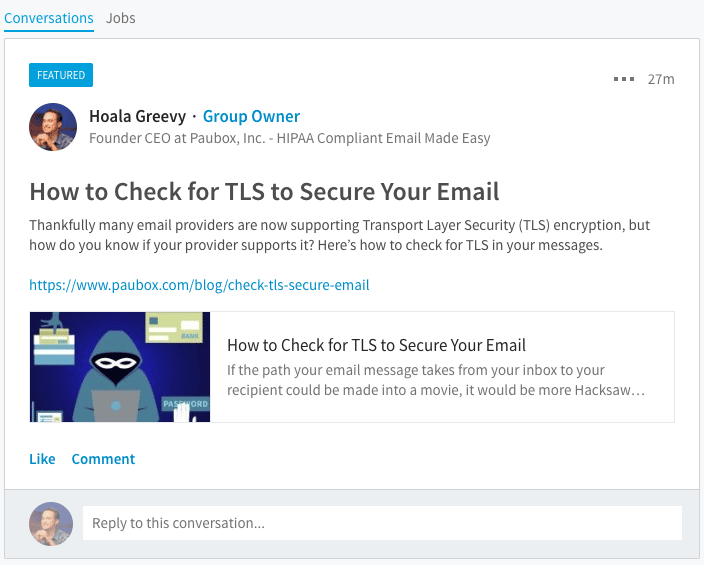2 min read
Do you need opt-in for healthcare-related services email marketing?
Liyanda Tembani
August 17, 2023

Opt-in consent is not required for health-related services email marketing. Some exceptions under HIPAA allow specific types of communication, including health-related products or services, to be conveyed without explicit opt-in consent. These exceptions recognize the importance of effective healthcare communication while still upholding patient privacy and autonomy.
Opt-in consent and its role
Opt-in consent ensures that individuals actively grant permission to receive marketing communications. It is an acknowledgment of individual autonomy, respecting their right to choose the type of information they receive and how it is delivered. This foundation of transparency and choice sets the stage for respectful engagement within email marketing.
Related: Understanding opt-in and HIPAA compliant email marketing
What are health-related services?
These services encompass a wide range of activities, entities, and products associated with healthcare. Health-related services include:
- Medical care
- Wellness programs
- Prescription services
- Health plans, and more.
Note: Any service contributing to patients' well-being, treatment, or healthcare management falls within this domain.
What are the HIPAA guidelines for email marketing?
Under HIPAA, email marketing activities involving protected health information (PHI) must adhere to privacy and security regulations. There are exceptions under HIPAA which means that it doesn't mandate opt-in consent for all email marketing in health-related services but emphasizes the importance of safeguarding patient information.
What are the opt-in exceptions?
- Treatment communications: Conveying treatment options and sharing patient education materials to empower informed decisions.
- Appointment reminders: Timely reminders for scheduled appointments improve attendance and care continuity.
- Healthcare operations: Encompassing activities beyond clinical care, such as billing, administrative functions, quality improvement, and risk management.
- Patient education: Providing comprehensive knowledge about conditions and treatments fosters better engagement.
- Fundraising: Conducting fundraising communications and respecting patient autonomy while offering opt-out choices.
- Prescription refill reminders: Ensuring adherence to treatment regimens through timely reminders.
- Case management or care coordination communications: Updates for seamless patient care and discharge planning.
- Health-related products or services: Extending offerings beyond clinical care for overall well-being.
- Services recommended by healthcare providers: Trustworthy recommendations guide patients toward specific health-related products or services.
Guidelines for compliant email marketing
For health-related services email marketing, a few practices help ensure compliance with both opt-in principles and HIPAA regulations:
- Secure email communications: Implement encryption to safeguard patient information during transmission.
- Proper authorization: Ensure only authorized personnel are involved in email marketing communication.
- Clear opt-out mechanisms: Include simple and accessible opt-out options in all communications to respect patient preferences.
While opt-in consent is a cornerstone of ethical engagement, HIPAA's exceptions acknowledge the intricate web of healthcare services. Health-related services are part of these exceptions, so healthcare organizations can communicate this information without compromising patient privacy.
Related: HIPAA compliant email marketing: What you need to know
Subscribe to Paubox Weekly
Every Friday we bring you the most important news from Paubox. Our aim is to make you smarter, faster.


![Use Paubox [Tags] to reduce IT workload](https://www.paubox.com/hubfs/Paubox-%5BTags%5D-reduce-workload-img1a.png)

